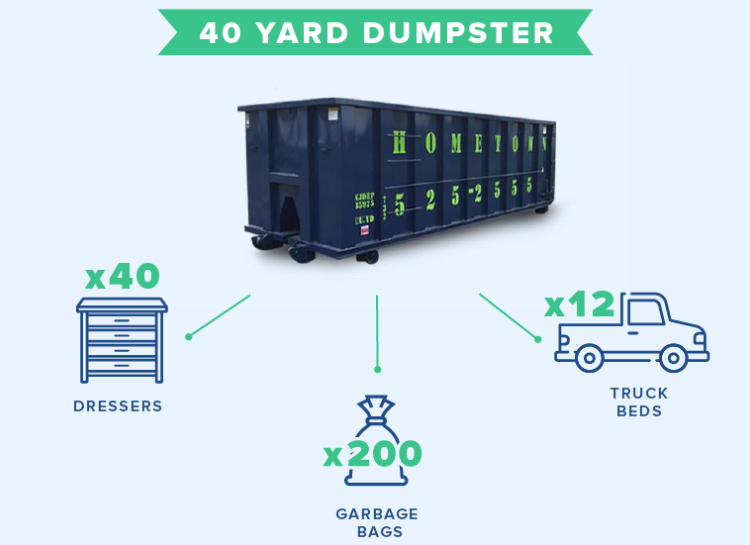Just How To Choose The Right Dumpster Dimension For Your Job: A Comprehensive Overview
Just How To Choose The Right Dumpster Dimension For Your Job: A Comprehensive Overview
Blog Article
Write-Up Author-Finnegan York
When embarking on a job that needs a dumpster, the size you choose can significantly influence its performance and cost-effectiveness. Think of having the best container that suits all your waste without being exceedingly big or too tiny. Everything starts with understanding the subtleties of your project and picking a dumpster size that lines up with your specific requirements. So, prior to large trash bin rental make a decision, take into consideration the factors at play to make certain a smooth waste monitoring procedure from start to finish.
Aspects to Take into consideration
When choosing the ideal dumpster dimension, there are numerous essential factors to think about.
First, think about the type of waste you'll be dealing with. Different products might require varying amounts of area, so recognizing what you'll be placing in the dumpster is crucial.
Next off, assess the amount of waste you expect to generate. If you take too lightly the quantity, you may require to make several journeys to dispose of every little thing, which can be bothersome and pricey. On the other hand, leasing a dumpster that's also big can lead to unneeded costs.
Additionally, think about dumpster can where the dumpster will certainly be positioned. Make certain there suffices area for the dumpster to be provided and grabbed with no blockages.
Finally, consider any kind of weight constraints that may use. Going beyond the weight restriction can cause added fees or even the rejection of service.
Dumpster Size Options
For choosing the right dumpster size, it's vital to have a mutual understanding of the readily available choices. Dumpster dimensions normally vary from 10 to 40 cubic backyards, with variations in between.
A 10-yard dumpster appropriates for little tasks like a garage cleanout or a small restoration. If you're tackling a medium-sized job such as a kitchen area remodel or a basement cleanout, a 20-yard dumpster could be the appropriate choice.
For bigger projects like a whole-house renovation or commercial construction, a 30 or 40-yard dumpster could be more suitable to suit the quantity of waste generated.
When deciding on a dumpster size, consider the amount and kind of particles you anticipate to get rid of. It's much better to select a slightly larger size if you're unsure to avoid overfilling. Keep in mind, it's even more affordable to rent a dumpster that fits your requirements as opposed to having to order an extra one.
Matching Dimension to Task
Ideally matching the dumpster dimension to your job is vital for reliable waste administration. To determine the ideal dimension, think about the scope and nature of your project.
For small family cleanouts or renovations, a 10-yard dumpster might be adequate. These are usually 12 feet long and can hold about 4 pickup tons of waste.
For bigger tasks like remodeling numerous areas or cleaning out a big estate, a 20-yard dumpster may be preferable. These are around 22 feet long and can hold approximately 8 pickup truck tons.
If you're taking on a significant building job or industrial renovation, a 30-yard dumpster could be the most effective fit. These dumpsters are about 22 feet long and can fit concerning 12 pickup truck loads of particles.
Matching the dumpster size to your task ensures you have sufficient area for all waste materials without paying too much for unused ability.
Conclusion
To conclude, selecting the ideal dumpster dimension for your project is important for reliable garbage disposal. By taking into consideration variables like the kind and quantity of waste, space availability, weight constraints, and spending plan restrictions, you can ensure you have the appropriate size dumpster for your needs. Make certain to match the dimension of the dumpster to the range and nature of your job to prevent overspending on unneeded expenditures.
